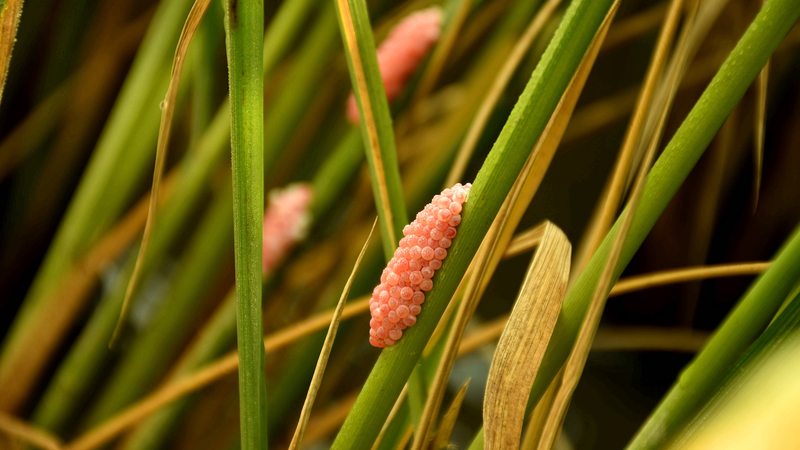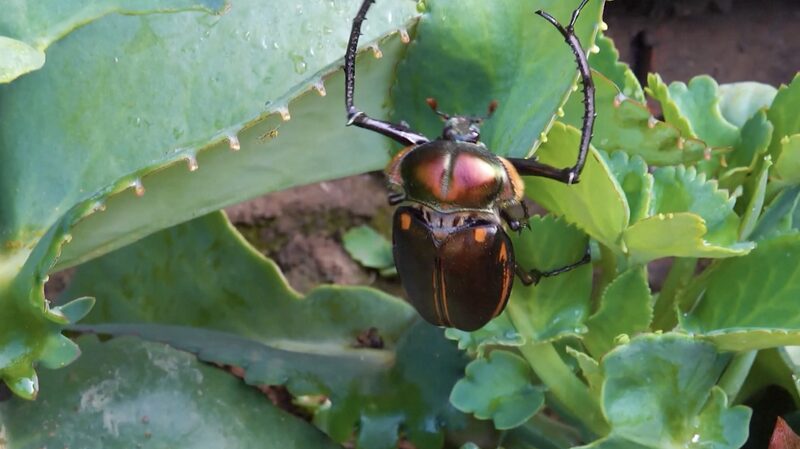New research from Australia's University of New South Wales (UNSW) suggests that introducing natural predators to combat invasive weeds might be strengthening their resilience instead of curbing their spread. The study, published Thursday, highlights a counterintuitive phenomenon: insects introduced to weaken invasive plants could inadvertently foster cooperation among them, enabling the species to flourish.
Biological control methods, often praised as eco-friendly alternatives to herbicides, rely on introducing organisms like beetles or moths to target non-native plants. However, researchers observed that stressors such as herbivory may trigger defensive responses in weeds, leading to shared resource networks or chemical signaling that bolsters collective survival. This 'strength in numbers' effect complicates eradication efforts, particularly in Asia, where invasive species threaten biodiversity and agricultural productivity.
The findings hold implications for policymakers and environmental agencies across the region. 'This challenges our assumptions about invasive species management,' said one UNSW ecologist. 'We need to reassess biocontrol strategies to avoid unintended consequences.'
Asia, home to delicate ecosystems like the Mekong Delta and Himalayan foothills, faces mounting pressure from invasive plants such as water hyacinth and lantana. The study calls for integrated approaches combining biocontrol with habitat monitoring and community-led initiatives.
For investors and researchers, the report underscores opportunities in adaptive ecological technologies. Meanwhile, travelers and diaspora communities may witness firsthand the impact of invasive species on Asia's natural landscapes, emphasizing the urgency of sustainable solutions.
Reference(s):
cgtn.com








